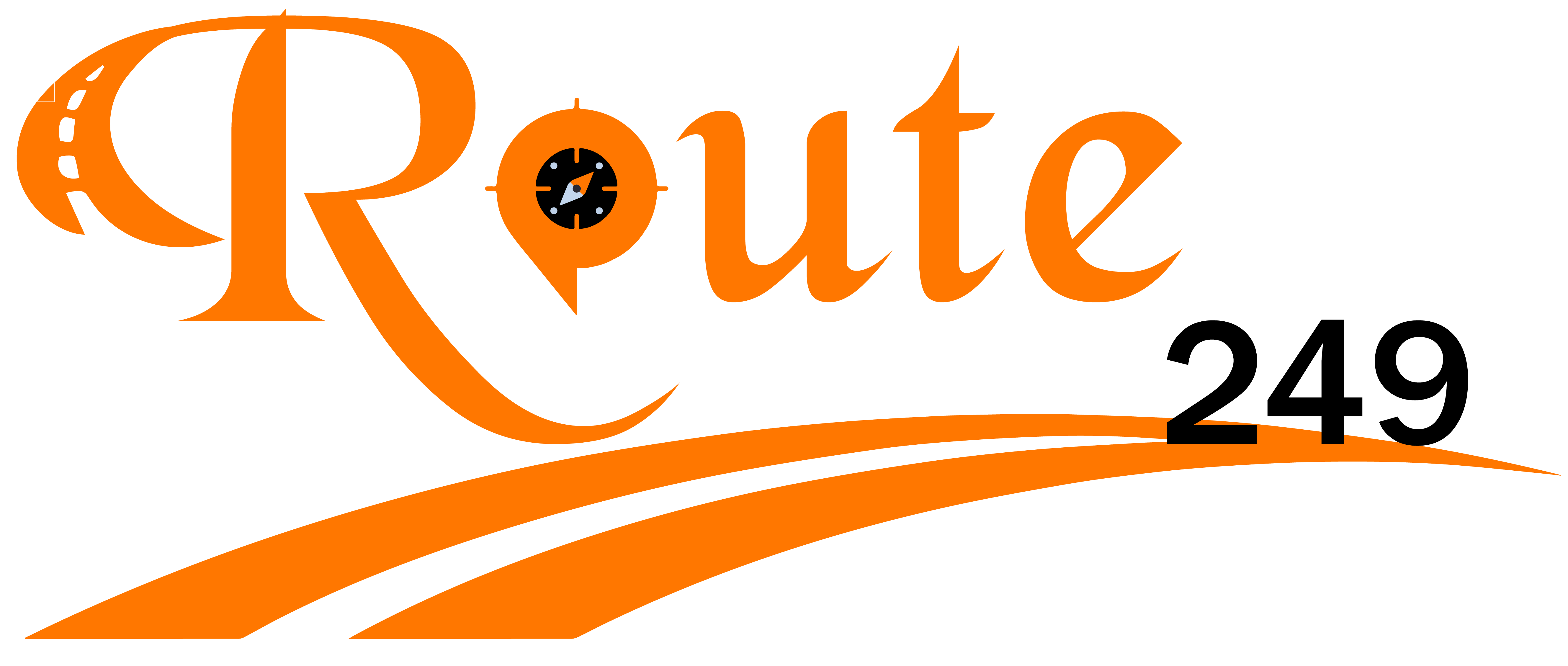
When a close friend or family member is struggling with drug addiction, it can leave you feeling powerless. You want to do what you can to help, but the addiction may seem like too big of a problem. Despite how you’re feeling, you can play an essential role in helping your loved one recover.
While you will not be able to cure your friend or family member of their addition, you can be part of their core support system. Drug addiction affects more than seven million people in the United States, but there are resources in your area that can help your loved one. By communicating with your loved one and supporting them through this process, you can help them on their road to recovery. This simple guide will provide some practical tips on starting this process.
Show That You Care
Opening the conversation may seem like the hardest part of supporting your loved one. This is especially true if you have yet to discuss their addiction. One effective way to reach out is to tell them that you are worried about them and that you care. By acting with compassion and telling them that you will support them through their recovery can help build trust. It’s also just as important to listen intently when they choose to speak.
Remember that your loved one may not be immediately receptive to this conversation. No matter their response, continue to show love in your actions and make it clear that you are available when they are ready to talk.
Set Boundaries
Since you love this individual, you may feel the need to take on their addiction fight for them. However, this is not healthy for either of you. This is why it’s important to set strict boundaries. For example, while you can support them in their effort to recover, you can choose to let them handle the consequences of drug use on their own.
It can be challenging to set boundaries, so you may consider seeing a therapist or attending group counseling. There are counselors who specialize in helping the loved ones of addicts. These counselors can give you specific tools and phrases to use when managing conflict, setting emotional boundaries, and advocating for themselves.
Help Them Research Treatment Options
Once your loved one is ready to seek help, you can help them research their treatment options. Sit with them and research outpatient drug rehab, in-patient treatment services, partial hospital programs, and more. They may have recommendations from their therapist if they are seeing one, so help them consider these as well.
You may also consider going with them to their doctor’s appointment, so the two of you can talk through their recovery plan. Your location may allow them to pursue supplemental recover aids like marijuana, as research suggests that medical cannabis may help those with opiod addiction. Doctors can refer patients to a distributor with a marijuana license in California and other states where it is legal. In addition to discussing treatment options, you and your loved one can ask the doctor about ways to make the recovery process easier.
Be Patient
Remember that your loved one will not recover overnight. In some cases, those living with addiction will relapse several time before finally getting clean. In fact, the National Institute on Drug Abuse estimates that 40 to 60 percent of those with addiction relapse. If this does happen to your friend, partner, or family member, voice your concern and reaffirm that you are available to help them get on track again. Stick to your boundaries and allow them to make the choice to recover once again.
By supporting your loved one and taking care of yourself, you can help them free themselves of drug addiction and live a more vibrant life.







